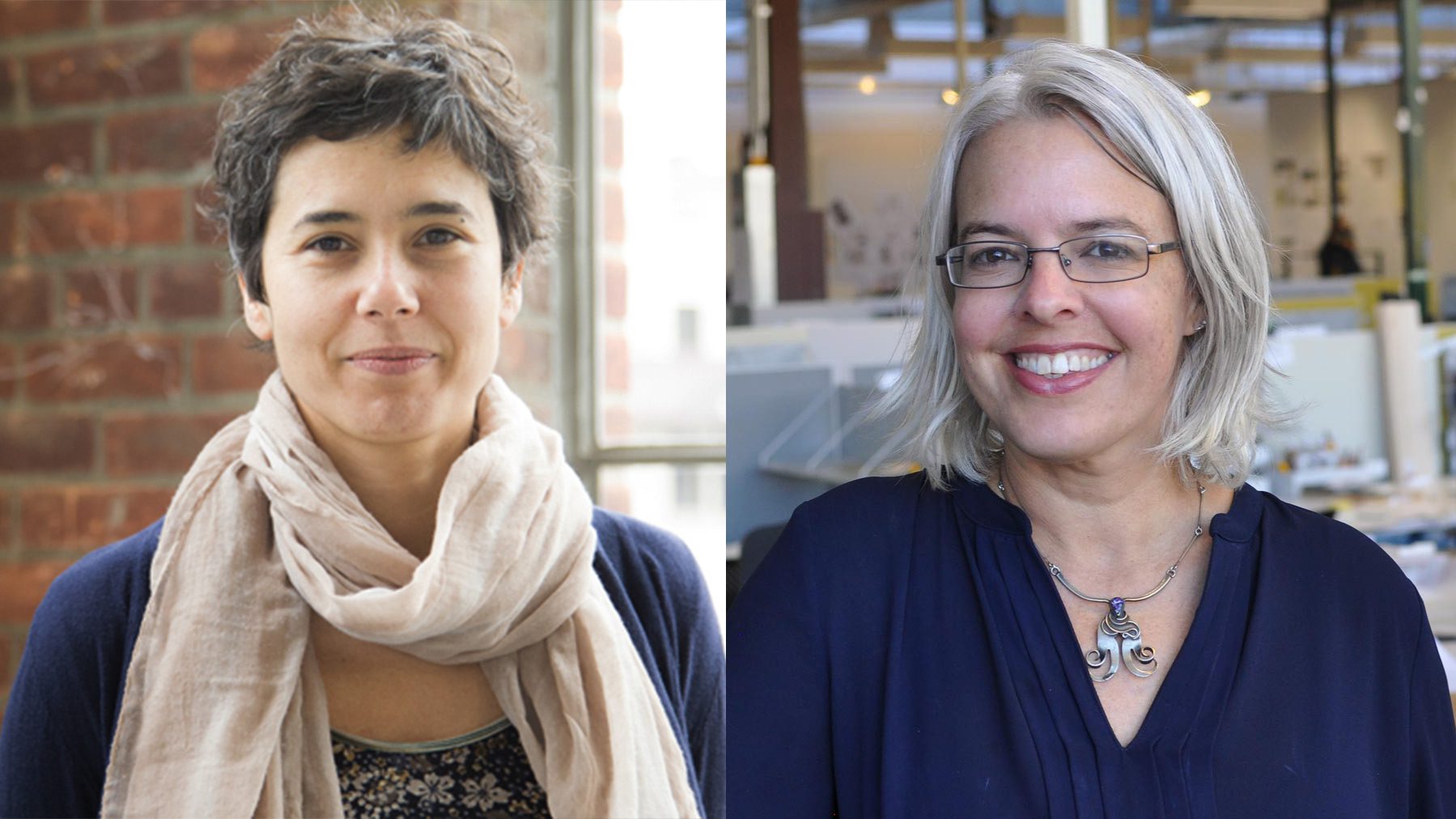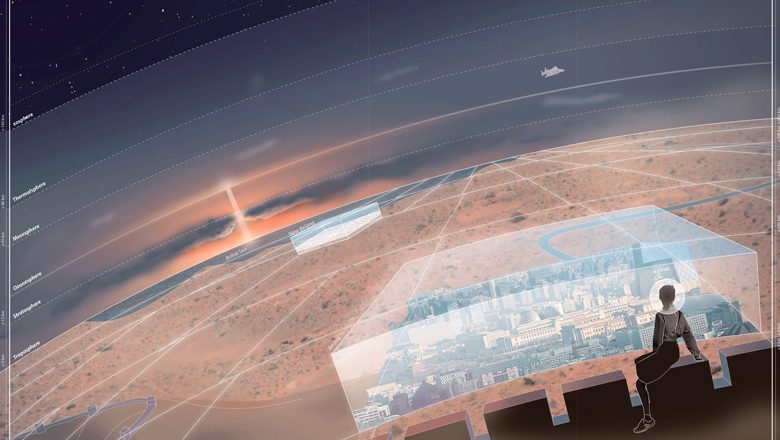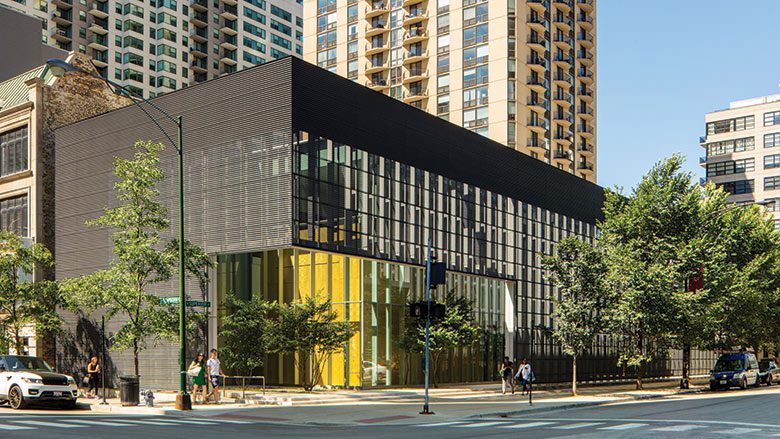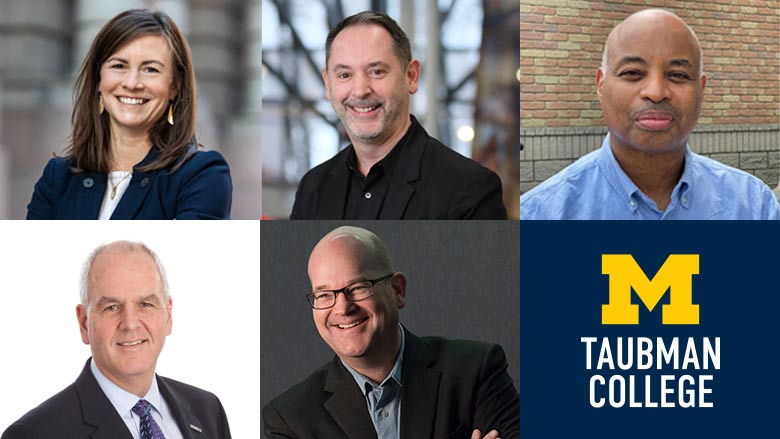
The Carbon Neutrality Acceleration Program (CNAP), part of the University of Michigan’s Graham Sustainability Institute, announced a series of projects chosen for an initial round of funding, each with dramatic potential to help reduce net carbon emissions. The multi-year, multi-million dollar program was created in 2020 with a $5M gift from anonymous donors.
“I congratulate the U-M researchers of the CNAP teams whose exciting projects apply multidisciplinary problem-solving to the challenge of climate change,” said U-M President Mark Schlissel. “The CNAP program is a tremendous example of what we can contribute as a comprehensive public research university, with the generosity of our donors supporting efforts that have enormous potential to help address an urgent societal problem.”
In this funding round, seven 1-2 year projects totaling $1.75 million were chosen from among 37 proposed projects involving 105 U-M faculty and researchers. Given the urgency and complexity of reaching carbon neutrality, this funding round leveraged the breadth of expertise across U-M, supporting interdisciplinary projects on a spectrum from technological to social.
Projects aim to reduce carbon emissions in agriculture, develop cost-effective thermal energy storage, lower the carbon footprint of U-M student diets, promote equitable heat electrification, and influence perceptions around climate change and carbon neutrality-related issues.
About the projects involving Taubman College faculty:
Small shifts to help students eat less meat could bring big reductions in food-related GHGs
Individual diets vary vastly in their carbon footprints, and the disparities are driven largely by the relative proportion of animal-source foods. Beef, for example, is responsible for 50 times the emissions per kilogram of field-grown vegetables. Reducing consumption of carbon-intense foods like beef could have transformative impacts on climate change.
Building on prior collaborations, including work on the Food Internal Analysis Team (IAT) for the U-M President’s Commission on Carbon Neutrality, this research team will pilot four interventions (behavioral “nudges”) in University of Michigan dining halls. Using an experimental design, the objective of the study is to determine the carbon impact of evidence-based behavior change interventions to reduce red meat consumption. These interventions have the potential to lower U-M dining hall emissions significantly without large-scale structural changes or capital investments—and with potential cost savings. The study is expected to generate scalable, replicable solutions for reducing emissions through dietary change at universities regionally and nationally.
“Reshaping Food Choice in U-M Dining Halls to Accelerate Carbon Neutrality” | Andrew Jones, SPH (PI); Lesli Hoey, Urban Planning; Alex Bryan, Student Life; Steve Mangan, MDining; Keith Soster, MDining; Lindsay Haas, MDining; Frank Turchan, MDining | $300,000
Elevating stories of the river’s past, present, and future to enable effective regional climate action
Home to oil refineries, steel factories, power plants, industrial agriculture, and carbon-intensive transportation networks, the Detroit River Watershed is one of the nation’s most deeply and visibly implicated in the troubling legacy of the carbon economy. Riverside communities have displayed remarkable resilience through the myriad trials of the past 75 years, and this project aims to partner with these communities as they continue reshaping the shared narratives that will lay the groundwork for a sustainable post-carbon future for the region.
Local community groups have begun actively contesting the dominant narratives that have long defined the river’s value in the terms of an extractive economy deeply intertwined with racial exploitation and environmental degradation. Working alongside these community partners, the research team will leverage the powerful narrative channels of education, nonprofit journalism, and regional public history to resource the creation and elevation of alternative frameworks and learning tools for reconnecting local communities in forward-thinking ways with their most important natural resource.
“Detroit River Story Lab’s Carbon Neutrality Narratives Project” | David Porter, Comparative Literature/English Language & Literature (PI); Maria Arquero de Alarcón, Architecture & Urban Planning; Rebecca Hardin, SEAS; Melissa Duhaime, Ecology & Evolutionary Biology; Kristin Haas, American Culture | $267,540








